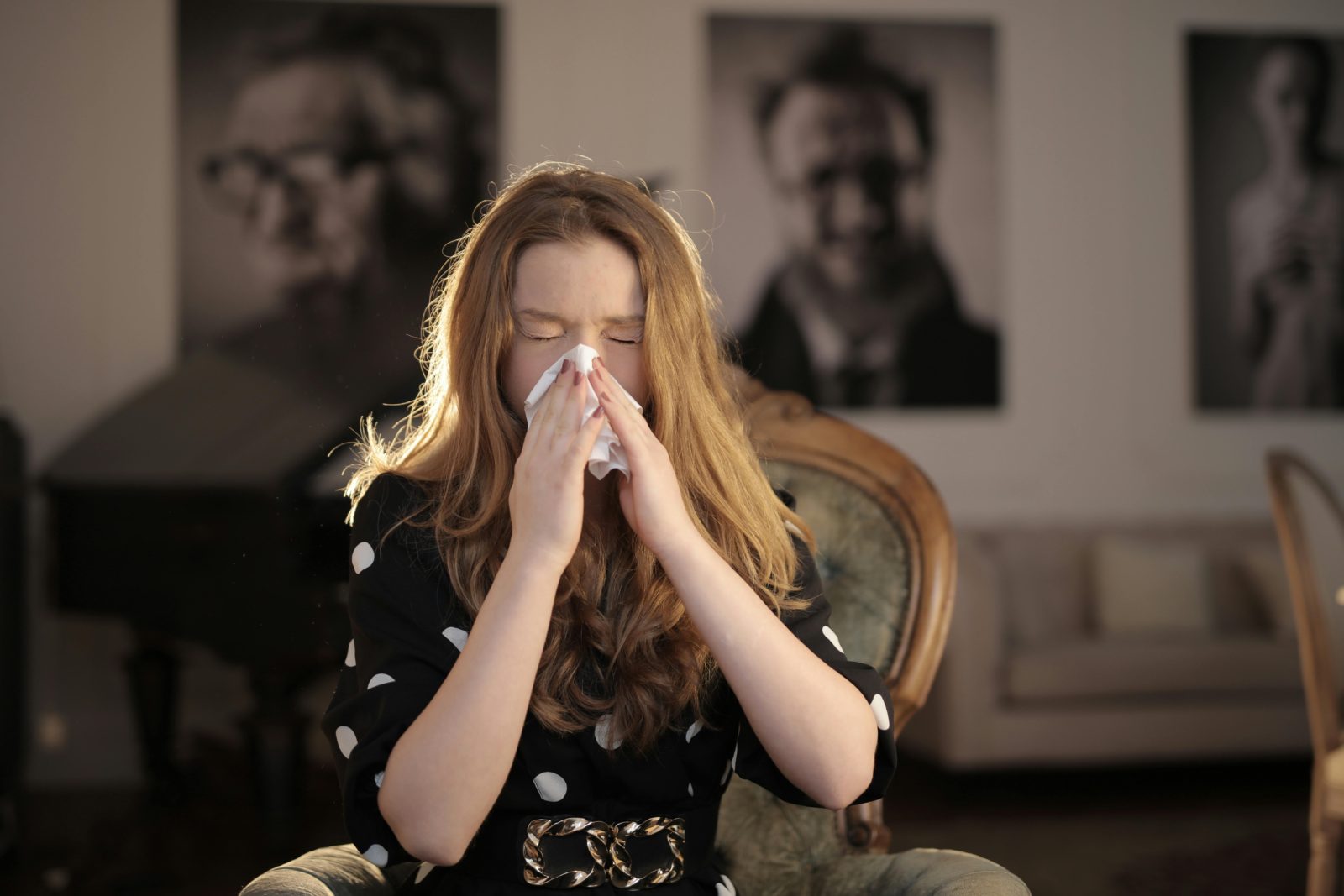A significant increase in the number of pertussis, also known as whooping cough, has been observed in the Czech Republic, with over 21,000 cases reported since the beginning of the year. This is the highest number since the 1950s. However, epidemiologists believe the actual number is much higher, as many people are still grappling with a persistent cough, a common disease symptom.
Pertussis, often called the ‘100-day cough’, is characteristic of extreme gagging and gasping for breath, differentiating it from other respiratory illnesses, usually resulting in a dry or irritating cough. “With a common cold, the cough usually lasts a week or five days and decreases gradually. In the case of pertussis, it continues non-stop for one or two months without significant change,” explains Vladimír Koblížek, chairman of the Czech Pneumological and Phthiseological Society.
The name ‘whooping cough’ is derived from the black-blue hematomas around the eyes, a common disease symptom. Experts compare the sound of the cough to a rooster’s crow, especially in the acute phase, which can last for weeks. Many people who have been infected this year were vaccinated in the past, but the vaccine’s effectiveness decreases over time.
The current vaccines on the market are safer and have fewer side effects, but their effectiveness is shorter than that of previous vaccines. “We have a population vaccinated with a newer pertussis vaccine, which is safer but has a shorter efficacy. About three to four years after application, the first cases of the disease can appear,” explains Kateřina Fabiánová, an epidemiologist from the National Health Institute.
Despite being vaccinated, one can still get infected. However, non-risk groups usually recover from the disease in a shorter time. Sometimes, if the cough persists for several months, it can become chronic. According to Koblížek, this is less likely in individuals who experienced a mild infection, but risk groups such as small children, seniors, and chronic patients are more susceptible.





